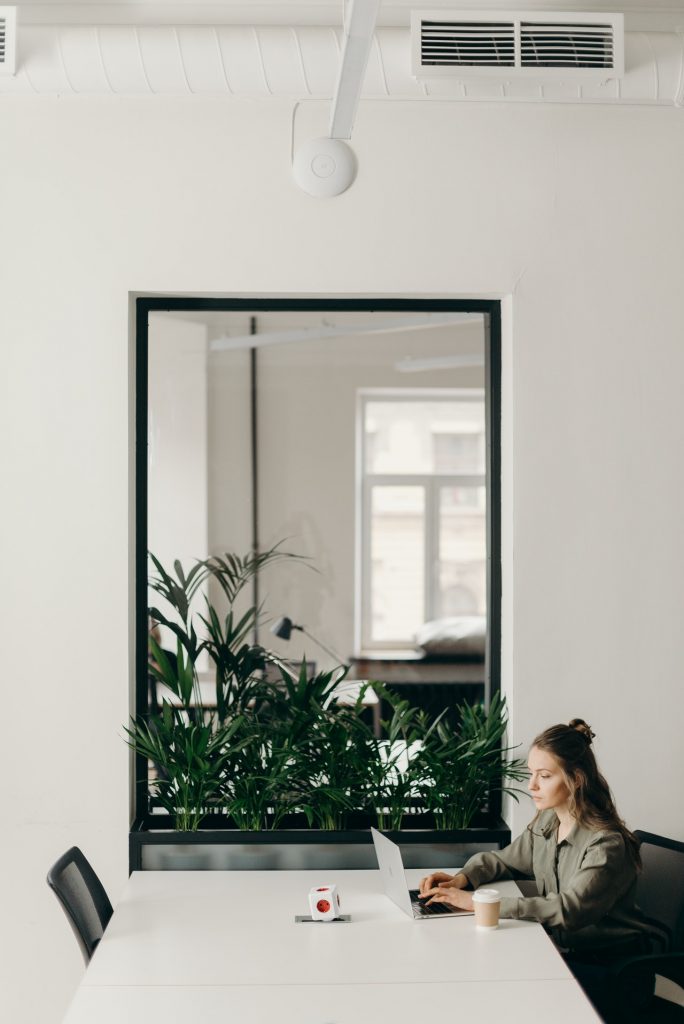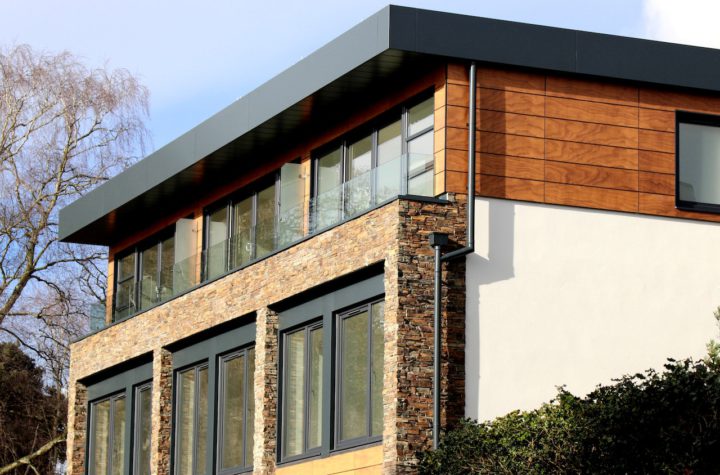
Man is a complex being. It thrives when its psychological and social health stays well and kept intact. While they say your health is predominantly due to your genes, human growth and improvement rely on the environment that surrounds you. Nature nurtured man at the beginning of time. Fast forward to today, we have the luxury of building shelters according to preferences and indulge in the comfort of the indoors. But can a good interior space actually improve your health?
There are many factors that indicate that a good interiors space can improve your health, and it’s the reason many architects and builders hire interiors design companies in Melbourne to ensure they get the space right. Here’s some things to consider when designing your interior space:
Design Psychology

Psychology is the scientific study of a human mind and its functions, mainly, how it affects behaviour in a given context. Great designers consider this inspiration when creating an interior design. This design is planned according to the expected actions of that space.
Certain arrangements of furniture, simple consideration for space, or giving way to flow are ways on how to improve somebody’s mood, cater to somebody’s well-being, increase self-esteem, and improve their stress levels. Simple design tricks such as adding timber screens to separate spaces and create more privacy can greatly improve calmness. When stress levels are brought to a minimum, our health improves dramatically.
The Konmari Method
The Konmari method of holding onto furniture, décor, or clothing that gives you joy, is a good way of putting this concept into perspective. When you are continuously near this source of joy, you absorb that energy which makes you a giver of it yourself. Consider having pieces you love in your space such as statement furniture pieces, a timber feature wall, items that you treasure on display. You are more likely to exude happiness and positivity, drawing out the best in everything you do. You feel good having it around, you feel happy seeing it, and you feel confident in wearing it.
As with making space and encouraging flow, the Konmari treats decluttering as the first step in doing so. It is when you let go of the non-essentials like books, clothes, a lifetime supply of paper towels, and kitchen wares that you never used. The moments of telling yourself, “I’ll read it soon”, “It’s there to remind me that I need to lose weight to fit in it”, or “There will come a time that I would need it” only brings us stress. And when this stress lingers longer than it’s supposed to, it could affect our health which may lead to numerous chronic conditions that only impales our overall performance.
The Universal Design
This concept is about how the interior space should serve you, and should be the ultimate consideration for its existence. Seven principles support this concept:
1. The designed furniture and space should be equitable.
Meaning, if you are to consider filling up space or leaving it as is, it should not compromise your walkway. Or if you are to put a tub in your bathroom, make sure it’s not too big it leaves no space for the toilet! This principle mainly uses logic and applies to most of the home or commercial spaces needing decisions. It’s all about designing for purpose, and not just because you like something.
2. It should be flexible.
Consider a product or a design if it serves its primary purpose. If it does more than that primary purpose, then the more it’s worth investing in. If it’s mobile, easy to store, and has an all-around sleek design, get it.
3. It should be intuitive.
You feel good when you achieve something so choose something that stimulates as many senses as possible, but not too complicated that it stresses you out.
4. It should be easy to navigate.
Making a design too complicated to navigate or operate is a waste of time and money. If it doesn’t serve you well in the end, it’s not something worth investing in.
5. It should be safe.
Anything worth getting should never put you into a dangerous state or position.
6. It should be able to tolerate human error.
Modern designs are programmed to have some sort of error tolerance. The design concept should be able to handle it effectively, being resilient to human error. Examples of which are interfaces that require authorization and permission, systems that are set to a limit, and identification-based operations.
7. It should not be physically demanding.
A good interior design should serve as your sanctuary that caters to your every need, depending on how you want a room utilized. If it’s your bedroom, it should serve as something rejuvenating. If it’s an office, it should aid your performance in all ways. We recommend hiring professionals who have experience in commercial fit outs.
Knowing these principles is all beneficial to the inhabitants’ well-being. If one principle in this list is left out, then something will become unstable and unbalanced in the environment. At the extreme it compromises your health, defying the ambition to attain the highest and most important level in Maslow’s Hierarchy of Needs, which is self-achievement.




More Stories
The Allure of Custom Made Bricks
Unveiling the Beauty of Mesh Ceiling
Design Excellence Meets Construction Mastery